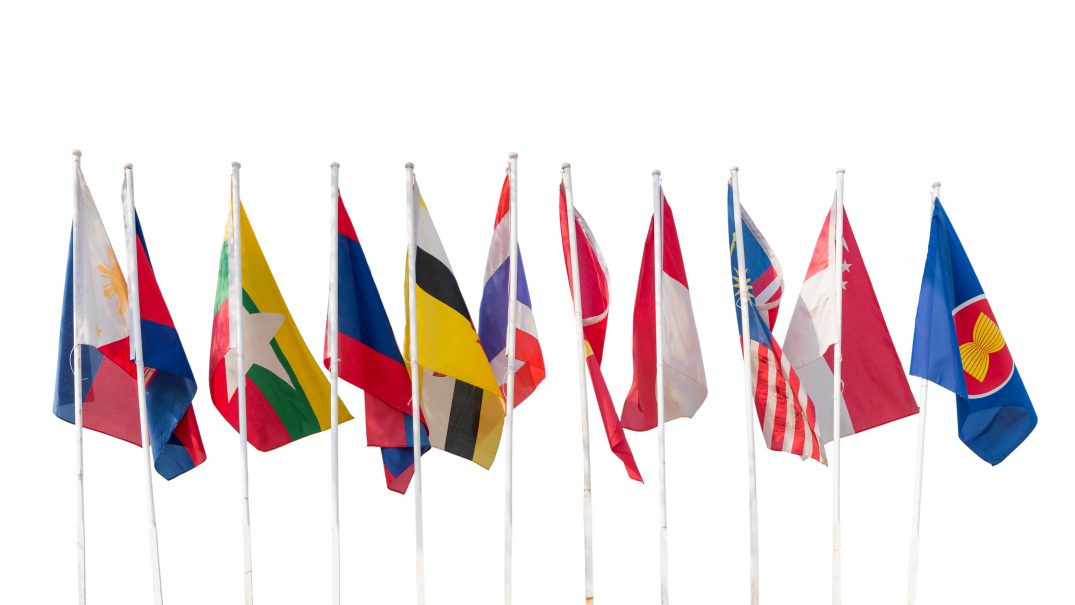Imagine a region where “bombs fell like rain”. A region engulfed in bitter and bloody wars resulting in up to 7.35 million casualties, only to become one of the most stable and economically prosperous areas in the world. That region is Southeast Asia.

It sounds inconceivable, but on 8 August 1967, five men whose ethnic and religious backgrounds could not be more dissimilar came together to form the Association of Southeast Asian Nations (ASEAN) under the umbrella of one vision, one identity and one community.
Proving the clash of civilisations' theory wrong, Kishore Mahbubani, Dean of the Lee Kuan Yew School of Public Policy (LKYSPP) at the National University of Singapore, and co-author of The ASEAN Miracle: A Catalyst for Peace, does not use the word miracle' lightly or as an exaggeration.
When former U.S. President Barack Obama visited Laos in September 2016, he said the U.S. had dropped more than two million tons of bombs here in Laos more than we dropped on Germany and Japan combined during all of World War II.
Southeast Asia has endured longer wars than the Middle East. The Vietnam War caused devastating spillovers into Laos and Cambodia that spanned more than two decades. What followed was a 10-year struggle between Vietnam and China, when Vietnam invaded Cambodia in December 1978.
Yet as Dean Mahbubani stated at the launch of his book at the LKYSPP, the five founding member states Indonesia, Malaysia, the Philippines, Singapore and Thailand came together at a time when bilateral relations were turbulent. ASEAN was born into times of uncertainty. Pessimists believed it was destined to fail, but hope prevailed and ASEAN is now a symbol of peace.
Dean Mahbubani said that around US$1.2 trillion in trade had taken place because of ASEAN, with Singapore being one of the biggest beneficiaries. ASEAN has not only been a significant driver of trade since 1970, but has also ensured geopolitical stability.
However, ASEAN is not without its challenges in an ever-changing world marked by the emergence of China as a rival power to the U.S. As tensions between the world's two largest economies build, ASEAN is set to be the most affected institution, and will face the challenge of delivering more economically.
As the institution was set up by states, ownership of ASEAN still lies with governments. The aim in the long term is to make ASEAN more democratic by giving people a sense of ownership.
In order to overcome some of the challenges, Dean Mahbubani proposes three strategies:
- Firstly, change the amount member states pay by making the level of contribution proportionate to their respective GNPs. Currently all member states pay the same amount.
- Secondly, ASEAN member states should bid to host the Olympics or World Cup to give people a sense of pride in the organisation.
- Lastly, ASEAN should be nominated for a Nobel Peace Prize for its contribution to world peace.
To find out more about the success ASEAN has brought, watch the launch of The ASEAN Miracle: A Catalyst for Peace here.